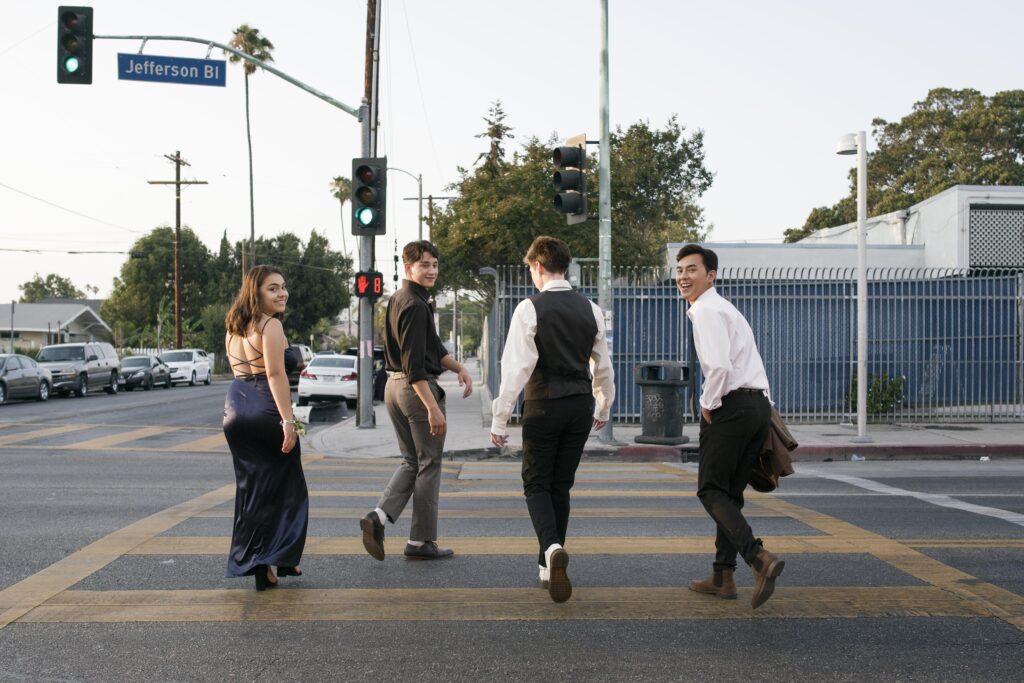After completing probation as a result of a guilty conviction, a person’s criminal record is still made available to the public. This can lead to lost job interviews and other opportunities that require a sense of trust between two people or a company. To help mitigate these lost opportunities, a person can request for their records to be expunged. While it is not a golden ticket, it is a silver lining that can help a previous offender move on from their crime.
What is expungement?
Expungement is a legal term that means to erase or make clean, and it refers to a person’s criminal record. If an individual is convicted of a crime, the record of such is made public. To expunge the record means that if anyone were to review the record, they would not see the guilty or no contest plea. The court cannot hide the fact that an individual was charged with a crime. They can, however, change the record to reflect a new verdict – dismissed in the interests of justice, instead of guilt.
Depending on whether an individual was charged with a misdemeanor or felony, certain rights may not be afforded to them. One example is the loss of driving privileges.

Why would someone want to expunge their record?
As mentioned in the introduction, expungement can allow a person to clear their slate with the public. Expungement allows for people seeking work to not have to disclose that they had pleaded guilty or were rendered a guilty verdict to a potential employer. When making a determination regarding the hiring or tenancy of the individual, the prior criminal has a better chance of being employed or becoming a tenant with an expunged record. This is because the potential employer or landlord cannot see the individual’s previous crimes. Expungement can also help with insurance rates and adoption.
Note: An employer cannot discriminate based on a person’s expunged record, according to California law.
What is the difference between a sealed record and expungement?
Under Penal Code section 851.91, if an individual was arrested but not convicted of a crime, a court can seal the individual’s arrest and/or criminal records. The public will not be able to see these records.
For example, if a person went to trial, but was not found to be guilty can have their record sealed.
It is important to note that having sealed records does not mean having a clean slate. Government agencies will have access to these records, despite them being sealed.
Record sealing and expungement are similar because they both allow an individual to make their records private. The difference between these two is that record sealing is only used for individuals who were not convicted of a crime while expungement is used for individuals who were convicted and have served their probation.
What is the difference between a dismissal and an expungement?
In California, a dismissal and expungement are considered to be the same thing. One can use the words “expungement” and “dismissal” interchangeably. A dismissal does not seal the record. If someone were to run a background check on someone who has had a criminal conviction, the case would be shown as “dismissed”. In other states, dismissal can have an alternative definition.
Which crimes can be expunged in California?
Penal Code 1203.4 PC (Expungement California) details the eligibility of defendants for expungement. Both certain misdemeanors and felonies can be expunged, however, there are certain crimes that cannot be expunged.
The following are a few examples of crimes that can potentially be expunged.
Infractions:
- Underage Purchase of Alcohol
- Failure to Appear in Court
- Petty Theft
Misdemeanors:
- Indecent Exposure
- Violating Probation
- Reckless Driving
Felonies:
It is difficult to get a felony conviction expunged in California.
Am I eligible for a record expungement?
Certain criteria must be met in order for the courts to expunge a person’s record. Some of the following include:
- If the prison sentence is served in a county jail as opposed to a state prison
- Completion of probation. This includes paying all fines, serving the jail sentence, and/or meeting community service requirements.
- No new or other outstanding charges or sentences.
- A specified amount of time has lapsed since court sentencing.
Crimes that cannot be expunged:
- Sex offenses with minors. Crimes include child pornography and sexual assault of a minor.
- Failure to submit to a police inspection of a vehicle
- You were tried and convicted in federal court as opposed to state court.
What are the legal steps to getting my record expunged?
Step 1: Order a copy of your criminal records.
Step 2: Fill out the correct petition form to request expungement.
Step 3: Once the petition is completed, file the form with the court.
Step 4: (depends on the crime): Attend your expungement hearing.
Step 4/5: Receive a letter accepting the request.
It is highly recommended that these steps are completed alongside a criminal defense attorney who has expertise in expungement.
How long does expungement take in California?
The timeline depends on the following factors:
- Felony case or a misdemeanor case. If the expungement is for a felony case, the coordination of the court hearing can add extra time.
- The courthouse in which your case was heard.
- How busy the court is at that time.
All things considered, expungement can take between 30-120 days.
Is there a fee to request an expungement?
Yes. There is a $60.00 filing fee for a misdemeanor case and $120.00 for a felony case.
Can I get a pardon from the governor?
Yes, but it’s not a simple process and there are certain requirements.
A person who may not be eligible for filing a Certificate of Rehabilitation (a certificate that can be applied for after seven years after being released from probation in which the applicant can show that they have been rehabilitated) can apply to the governor to request a record expungement by submitting an Application for Gubernatorial Pardon.
The pardon allows for a person to have some of his rights restored to him, however, there are a few drawbacks. The direct pardon requires the applicant to wait ten years after being released from probation. In addition, the pardon will not expunge a person’s records.
Seeking expert legal guidance for record expungement?
Being charged with a crime has negative consequences. It is important to understand the options available to you if you can get your record expunged. Our expungement lawyers at the Law Office of David L. Faulkner can help get you a better chance of a successful outcome when you file your petition. Contact us today to schedule a free consultation about your case.









